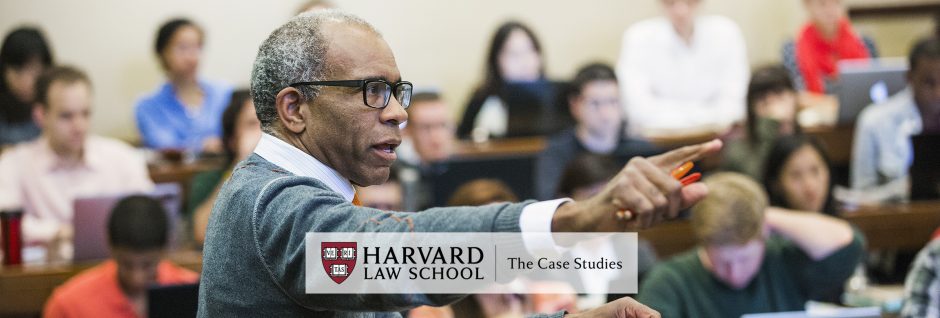The Four Cs
Last week we shared solutions to the crisis in legal education, drawn from the disciplines of science and technology. Particular schools have piloted other new programs for legal education, and these experiential “innovations” have proven track records in other contexts.
- The capstone: Boston College Law School Dean Vincent Rougeau notes the 3L innovations at NYU, including study-abroad, semester in Washington, D.C., and “pathways” options for students with specialized interests. Indiana University School of Law Professor Bill Henderson conjectures that a revamped 3L program at Washington & Lee has been regarded as more beneficial to incoming law students—the program has seen marked interest and improvement compared to other schools of its caliber. Denver Law is committing to an entirely-experiential option for 3L education, combining externships, simulation courses, and clinics.
 The corps: Lawyers for America, a clear homage to the AmeriCorps Teach for America, is UC Hastings College of the Law’s response to the dearth of experiential education and waning job prospects: for one year, recent grads immerse themselves full-time at a government agency or non-profit, and secure an ongoing position there after a leave of absence to take the bar exam.
The corps: Lawyers for America, a clear homage to the AmeriCorps Teach for America, is UC Hastings College of the Law’s response to the dearth of experiential education and waning job prospects: for one year, recent grads immerse themselves full-time at a government agency or non-profit, and secure an ongoing position there after a leave of absence to take the bar exam.- The co-op: Dean Jeremy Paul of Northeastern University School of Law explains that students gain practice in “the crucial task of self-presentation” through the school’s signature co-operative program. After a 1L year of basic training, students alternate between quarters immersed at law firms and quarters spent in the classroom. Students debrief in the classroom, where they bring this workforce knowledge to their studies and fellow students. Paul considers the model self-sustaining, with students keeping the schools abreast of the times: “As workplaces change, our students’ experiences are automatically updated without our needing approval from a curriculum committee.”
- The consortium: Educating Tomorrow’s Lawyers sees power in collaboration. ETL, a consortium of 23 law schools staffed by the University of Denver Institute for the Advancement of the American Legal System, is committed to upholding the Carnegie recommendations for the future of legal education. The Carnegie Educating Lawyers Report of 2007 suggested three forms of “apprenticeship” that a complete legal education should include: doctrinal analysis, skill-building, and professional identity. Ominously, the Report proclaims that “in their all-consuming first year, students are told to set aside their desire for justice.” ETL’s most notable success is a commitment to funding “integrative” learning approaches, compared to non-ETL schools.
Some of these efforts have been subject to scholastic pushback. For example, Professor Henderson argues that institutions lack the unity of purpose to effect these changes, even if they all band together. The monetary investments of elite institutions have become the “gold standard,” but it is the intellectual investments that will change learning outcomes. Professors who received top-tier education and schools seeking a spot in the top tier sustain this status quo, says Henderson.
What do you think: have we found the solutions, or are these proposals doomed to fail? Can legal education borrow best practices from other disciplines? Are there other solutions you want to share?
